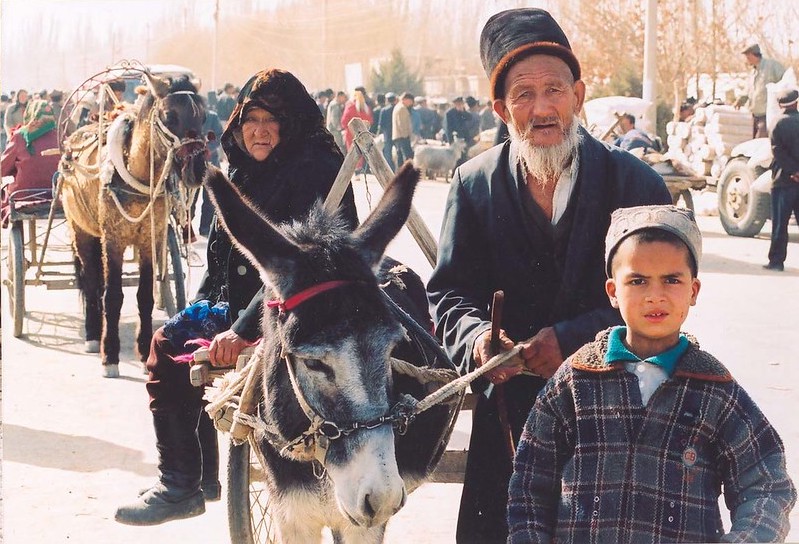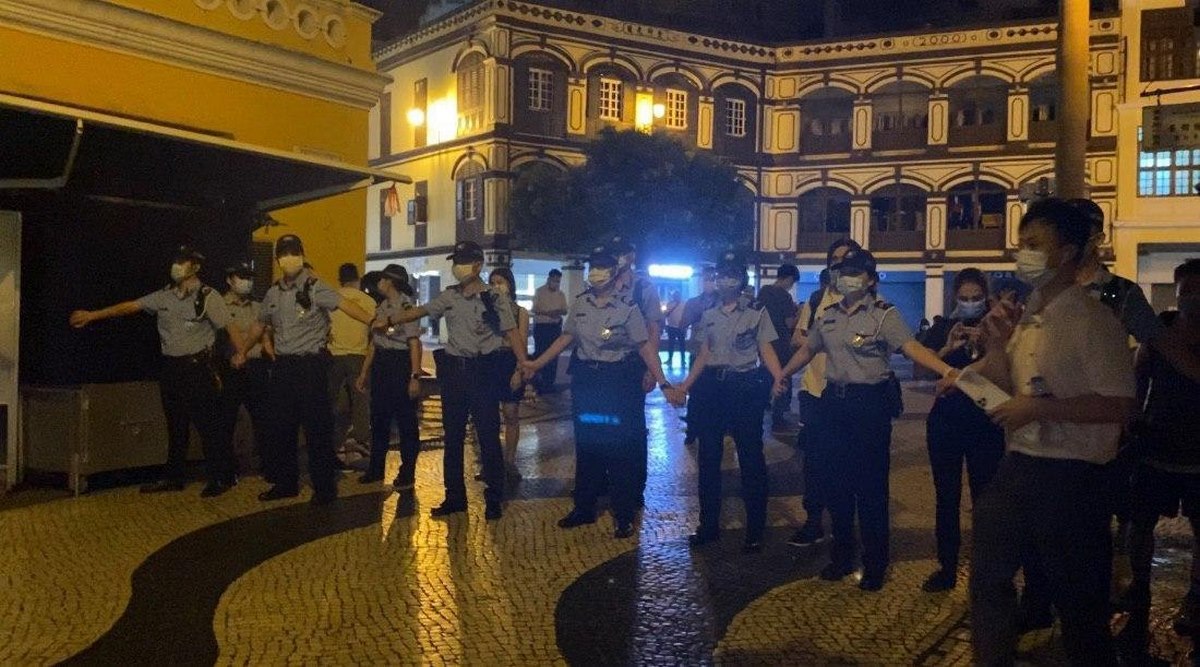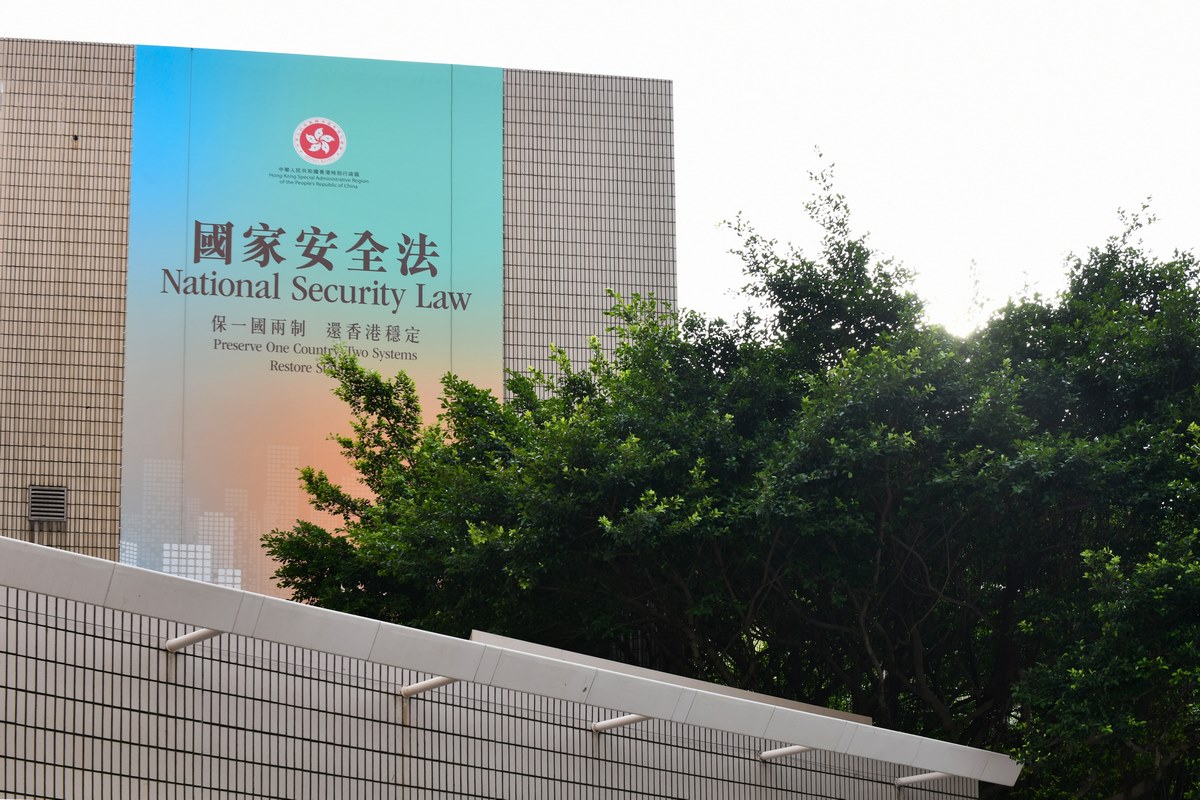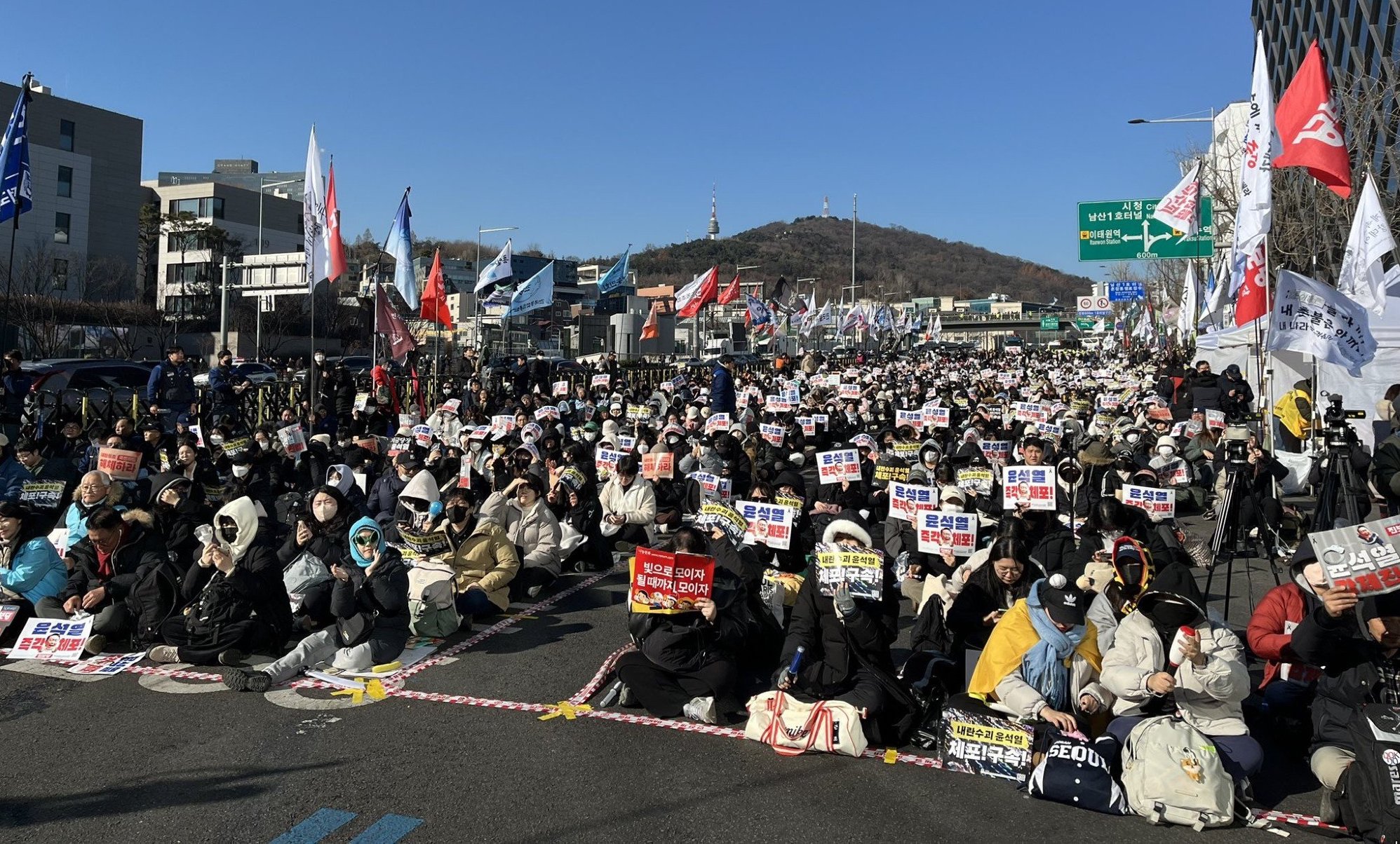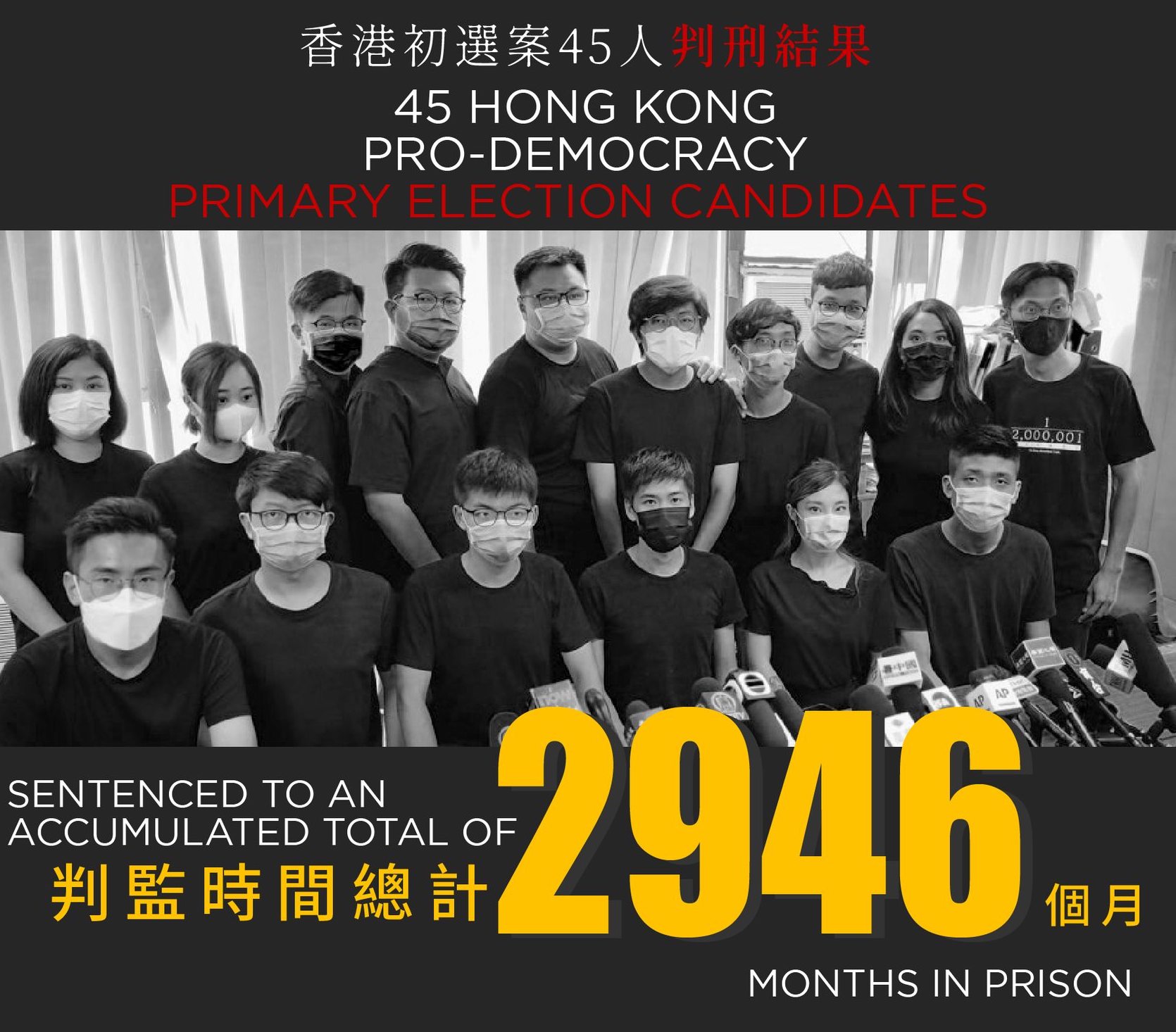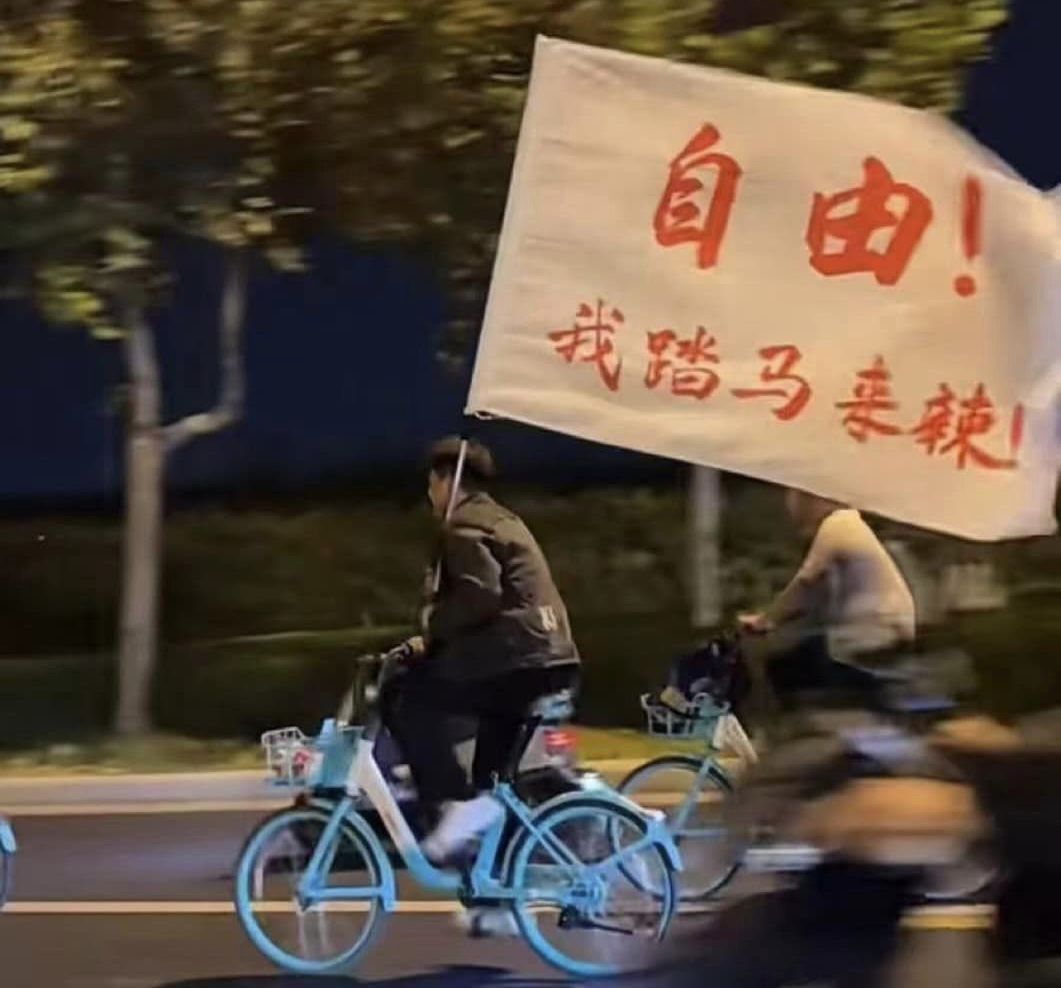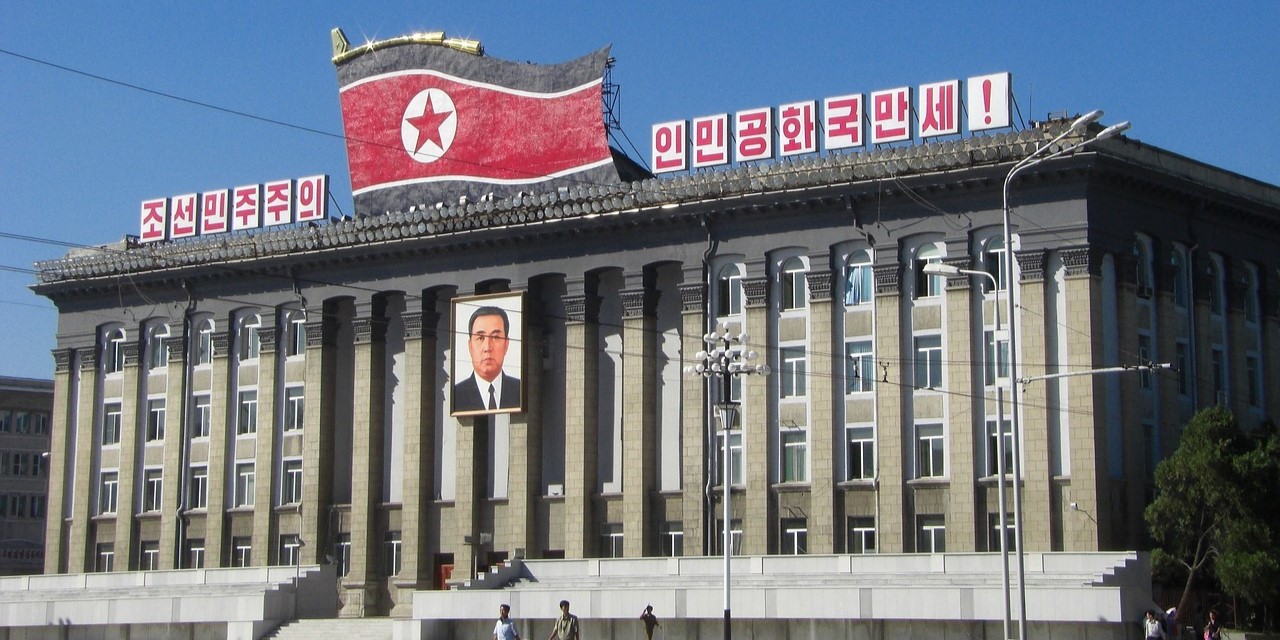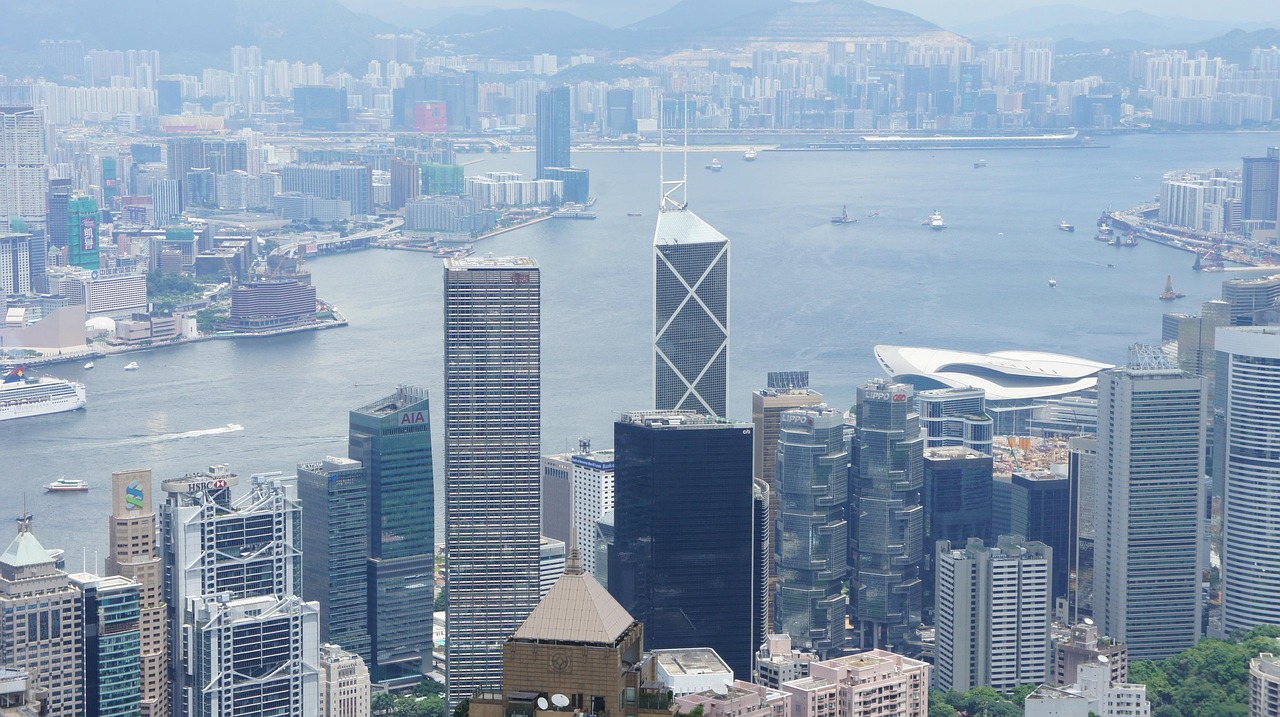
Hong Kong bans self-declared ‘parliament’
Hong Kong issued written notices to two organizations that the government has promulgated orders to prohibit their operation, citing “reasonable grounds” to believe that they aim to subvert state power. In a statement, the Hong Kong Secretary for Security said the government believes that the self-declared Hong Kong Parliament and Hong Kong Democratic Independence Union broke the law by promoting “self-determination” for the territory and their drafting of a “Hong Kong Constitution.” The government deems these acts as falling under the prohibition on “overthrowing or undermining the basic system or authority of the People’s Republic of China or the authority of the Hong Kong SAR.” This is the first time the government has invoked section 60 of the Safeguarding National Security Ordinance since its unanimous vote of approval by the Special Administrative Region’s legislature last year. (Photo: antha26/Pixabay via JURIST)



